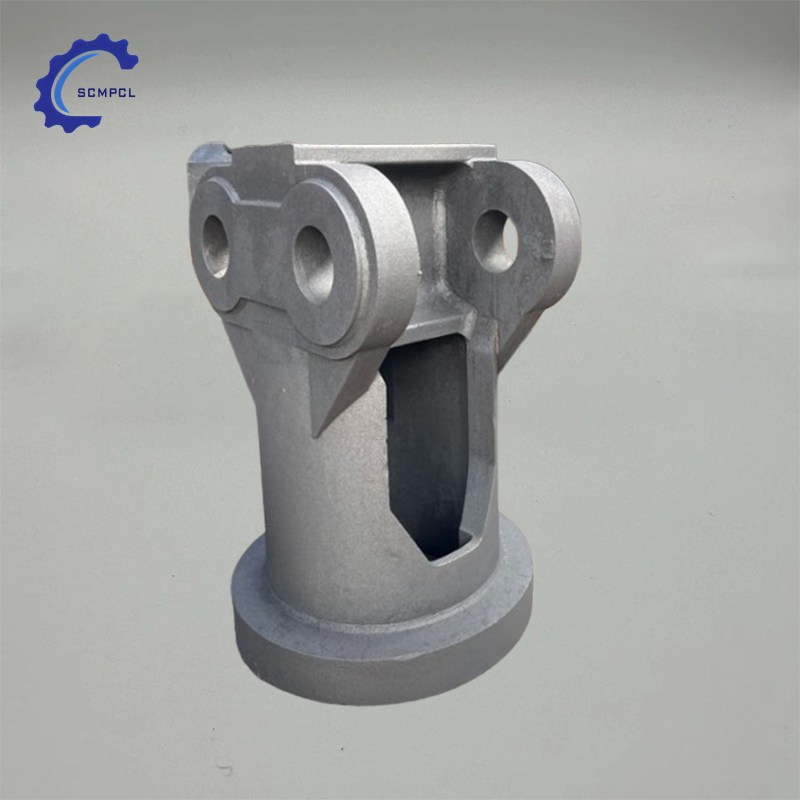
Process design
Simulation optimization: Use software such as MAGMA and ProCAST to simulate the pouring process, predict shrinkage and crack defects, and optimize the pouring system and riser design.
Material adaptation: Select carbon steel (ZG200-400), alloy steel (ZG20Mn) or special steel (ZG1Cr18Ni9Ti) according to the working conditions of the parts (such as high temperature, corrosion, and wear).
Melting and refining
Arc furnace melting: using alkaline arc furnace (30-100 tons) to accurately control the composition of molten steel, C, Si, Mn and other elements fluctuate ≤ ± 0.03%.
Refining process: using LF furnace (ladle refining) or AOD furnace (argon oxygen decarburization) to reduce impurities (S, P ≤ 0.025%) and improve the purity of molten steel.
Molding and pouring
Sand casting: mainstream process, using water glass sand or resin sand, sand mold strength ≥ 2.5MPa, to ensure the molding of complex structures.
Directional solidification technology: used for precision parts such as turbine blades, reducing grain boundary defects by controlling the cooling gradient and improving high temperature performance.
Post-processing and testing
Heat treatment: normalizing, quenching + tempering process to refine grains, tensile strength can reach 600-1200MPa.
Non-destructive testing: UT (ultrasonic), MT (magnetic powder), RT (radio) flaw detection, defect detection rate > 99%.
Leave A Message
If you are interested in our products and want to know more details, please leave a message here, we will reply you as soon as we can.
